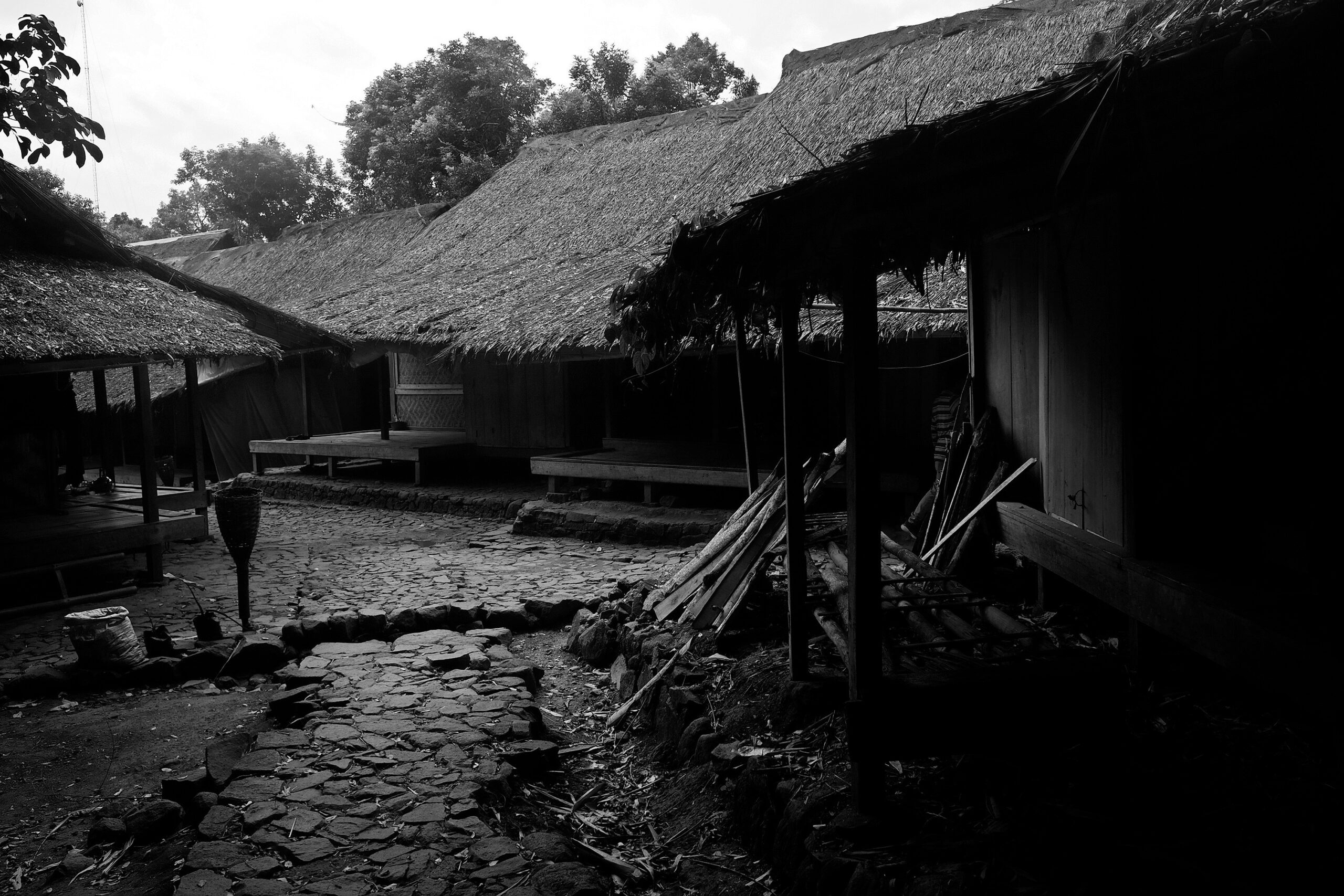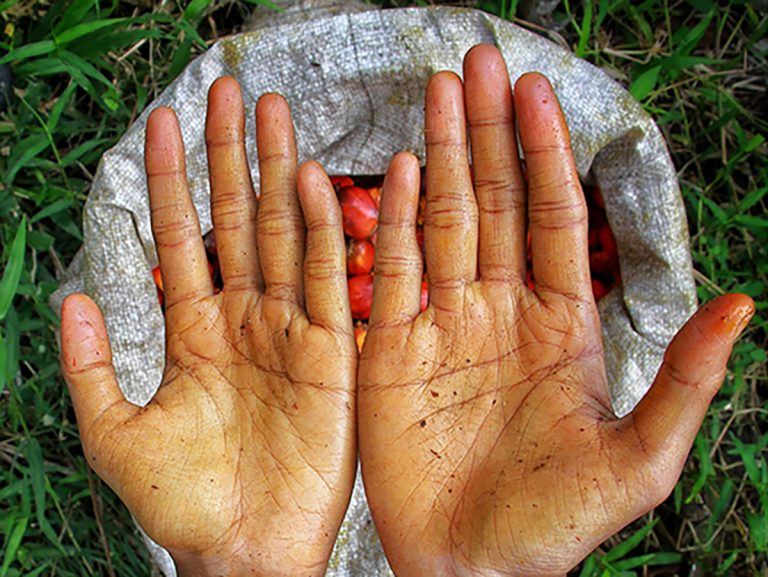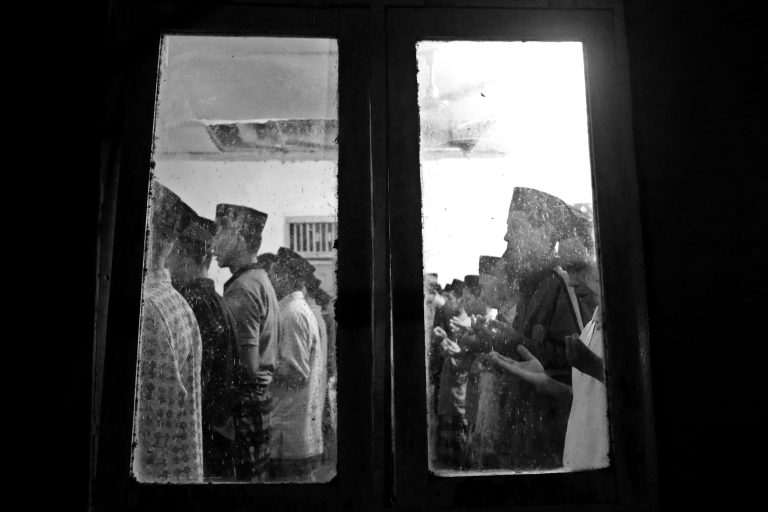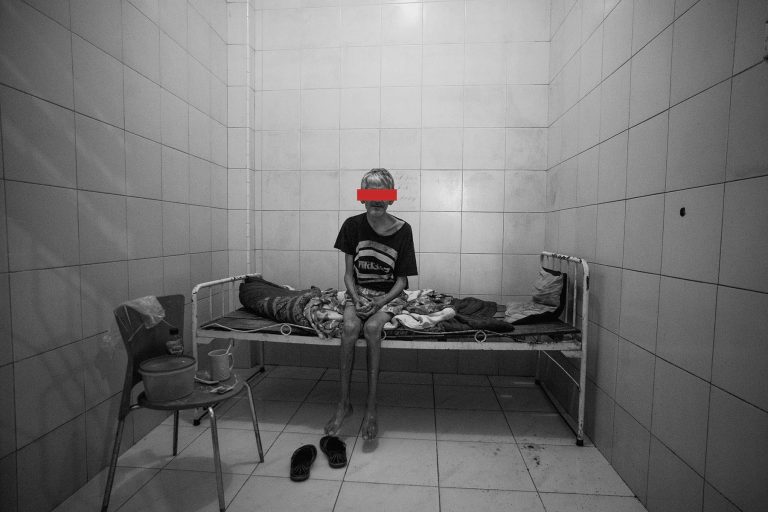Indonesia’s indigenous people are once again in a tight spot. Extractive industries have been degrading the land where they lived and worked–and then Covid-19 hit. One such community at risk is the Baduy, who live in Lebak, Banten, in Indonesia.
About 170 kilometers west of Jakarta are the Baduy–a traditional indigenous Indonesian community whose members have lived for generations in relative seclusion along the Ciujung and Cikanekes Rivers in the Kendeng Mountains.
Eschewing technology and contemporary society–the Baduy are divided into the Baduy Luar, or Outer Baduy, who have more contact with the world, and the Baduy Dalam, or Inner Baduy, who have much less contact.
In general, the tribe is open to visitors who wish to visit.
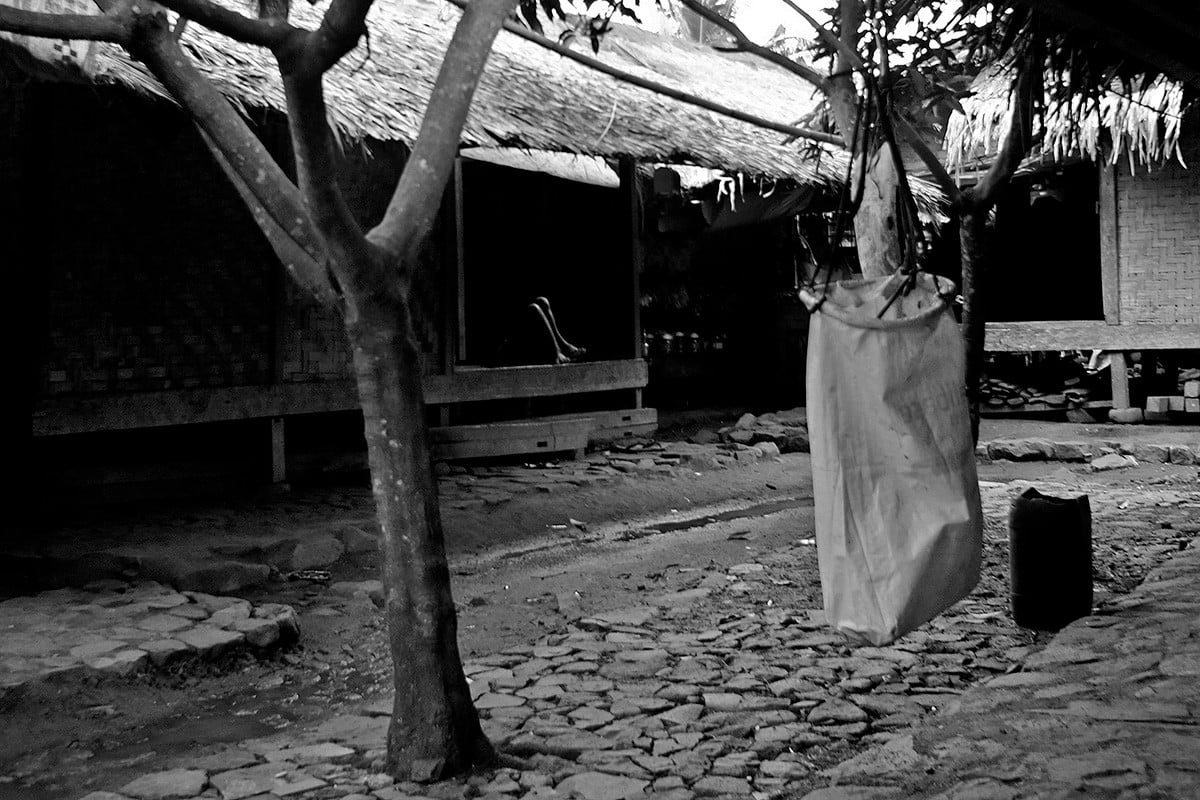
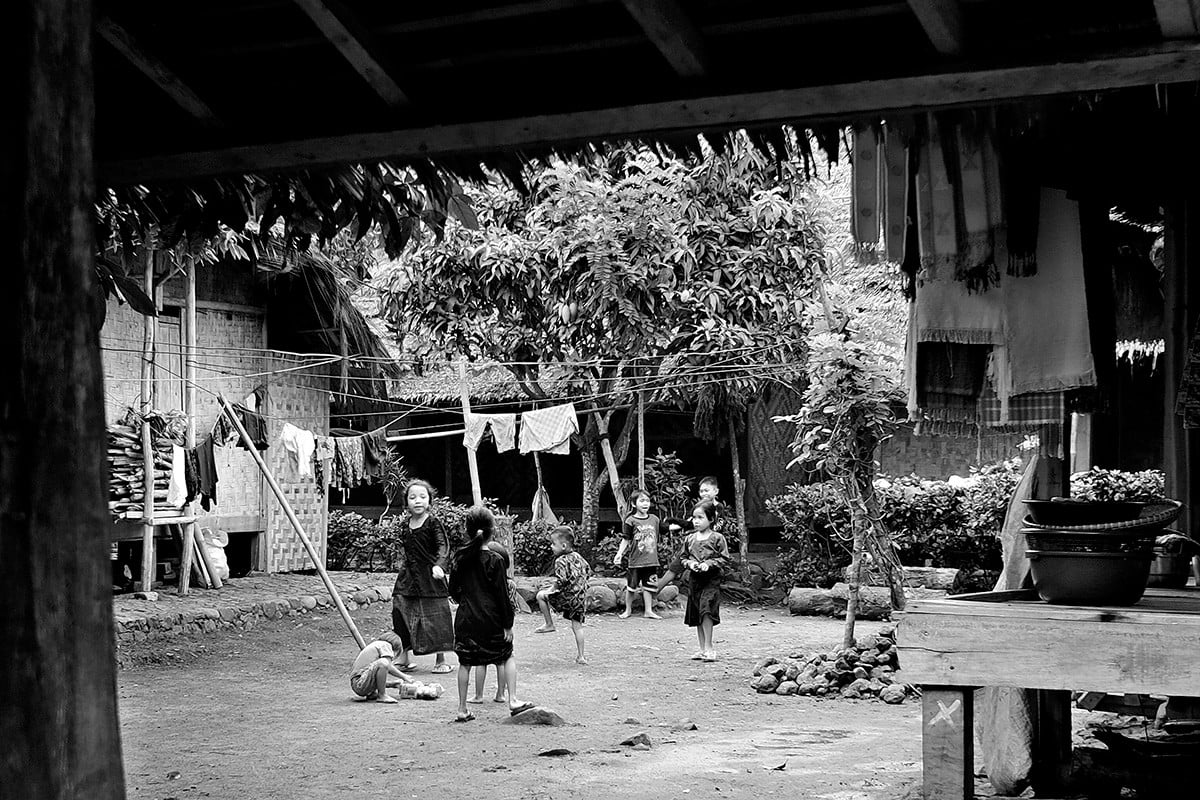
However, visits during the pandemic might put the Baduy people at risk of catching the virus. This is dangerous, as access to healthcare is inadequate–the closest referral hospital is 30 kilometers away. The Baduy’s communal lifestyle also complicates things, as houses are located close to each other. One hut might be home to more than five people, putting the whole community at risk during an outbreak.
To stop the virus from spreading, the Baduy have limited access. Before entering the village, every visitor or returning Baduy tribe member must present a negative Covid-19 test. Regular lockdowns are enforced when Covid-19 cases surge in nearby areas.
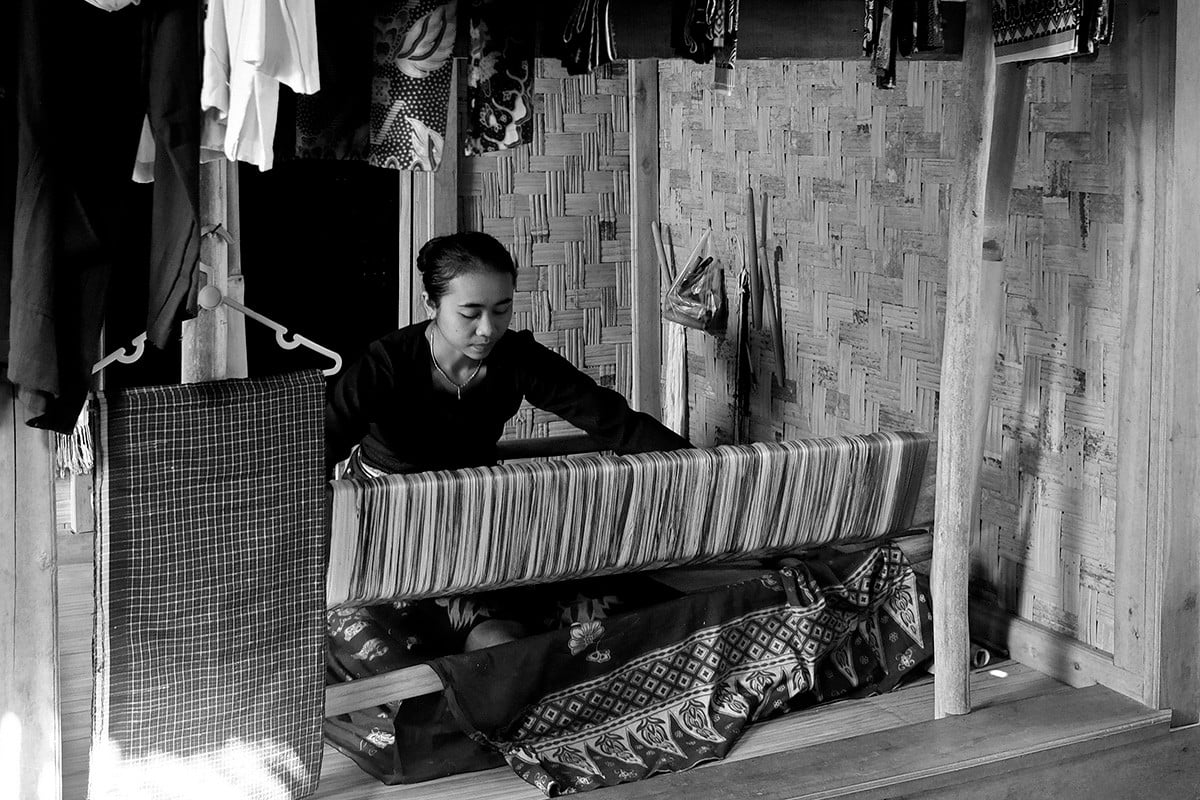
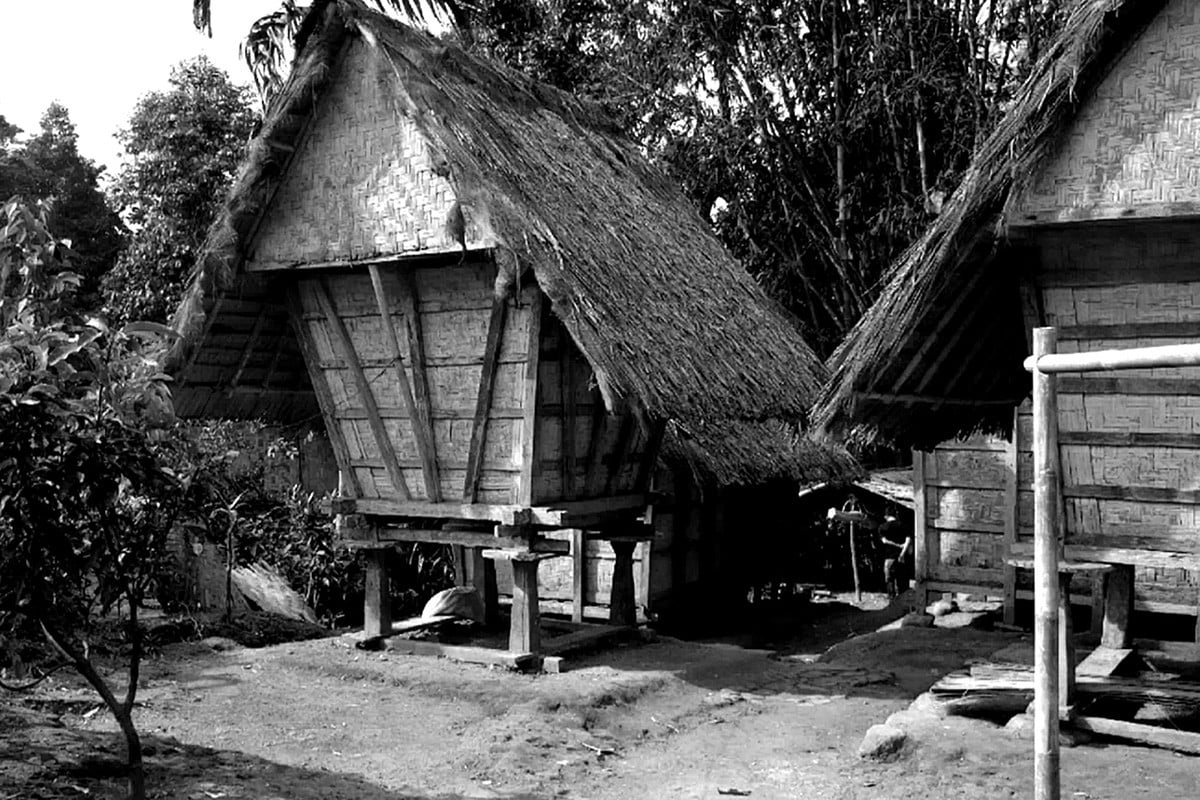
Meanwhile, the subsequent decrease in tourist numbers has had an economic impact. The Baduy are having a hard time selling goods–like woven fabric, handicrafts, and honey–that are an important source of income. These days, people in the village must rely on what they grow in their own fields to get by.
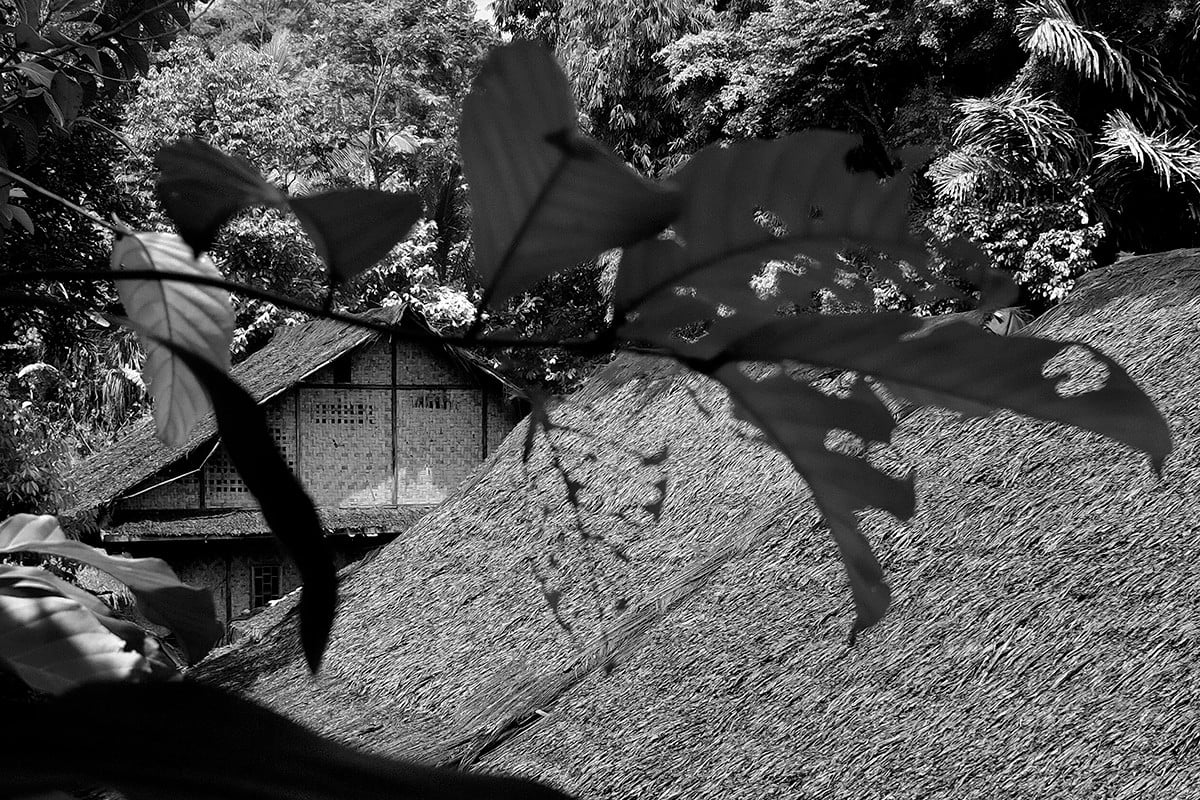
Covid-19 is not alien to the Baduy–local health authorities approached customary heads to disseminate information about the virus. However, some residents refuse to believe in its risks.
To the Baduy, a new disease is a sign that nature has been violated. Human activities, they say, have created a natural imbalance that has led to the emergence of the new disease.
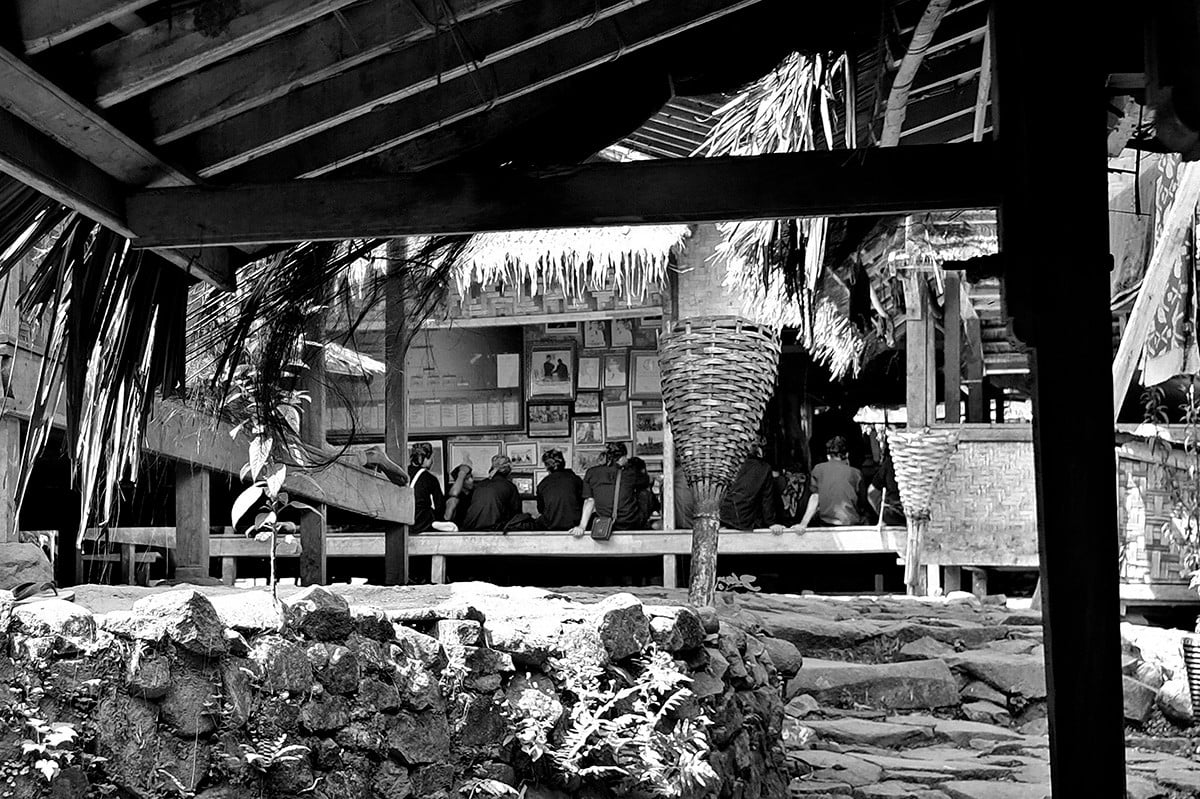
The Baduy say that living in harmony with nature will keep them safe–wise words passed down through the generations to help their descendants face an uncertain future. Baduy people also say that there’s a cure for every illness–and to unlock the cure, people need to complete a traditional fasting ritual. Tradition has been working for the Baduy. There have been no confirmed cases of Covid-19 in the community.

